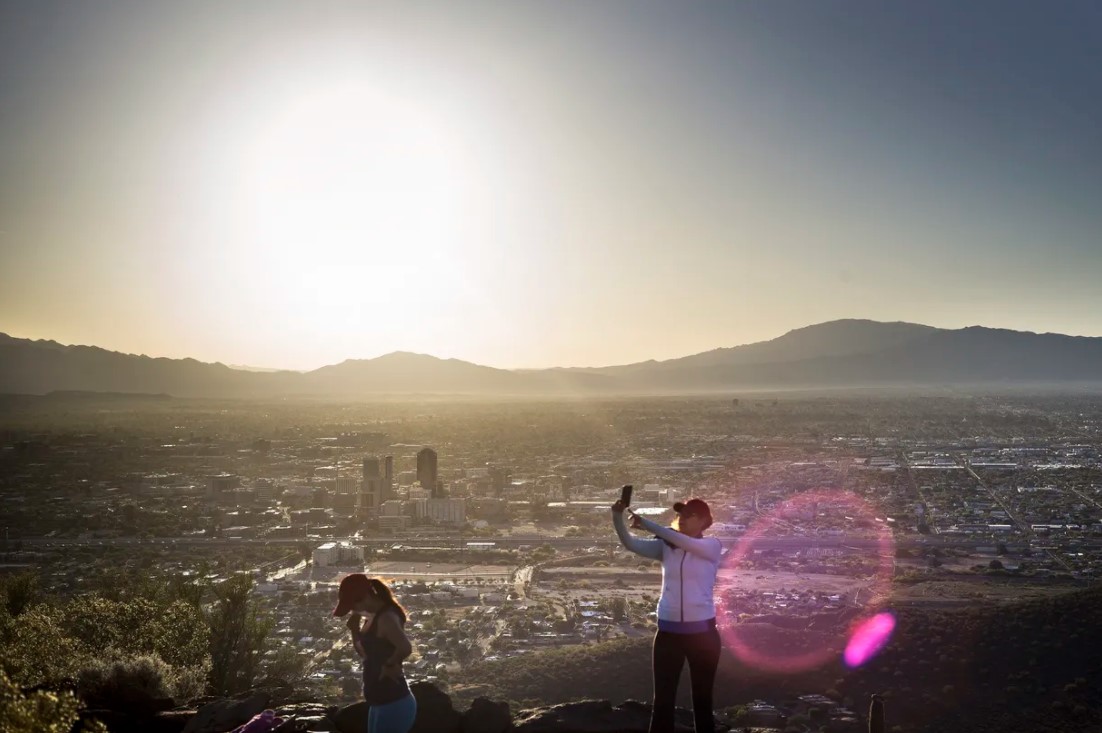
When Regina Romero took office as the Democratic mayor of Tucson, Arizona, in 2019, she wanted her city to take action on climate change. Local building codes might have been a logical place to start: In the US, some 70 million buildings rely on fossil fuels that warm the planet, such as oil and gas, for heating and cooking. They generate a hefty 13 percent of national greenhouse gas emissions.
While many answers to climate change require national and even international action, cities often have the unilateral power to craft local rules like building codes. But before the city of Tucson could even look at possible building reforms, the Republican-led state legislature took away its power to do so — by passing a state law that natural gas utilities are “not subject to further regulation by a municipality.”










